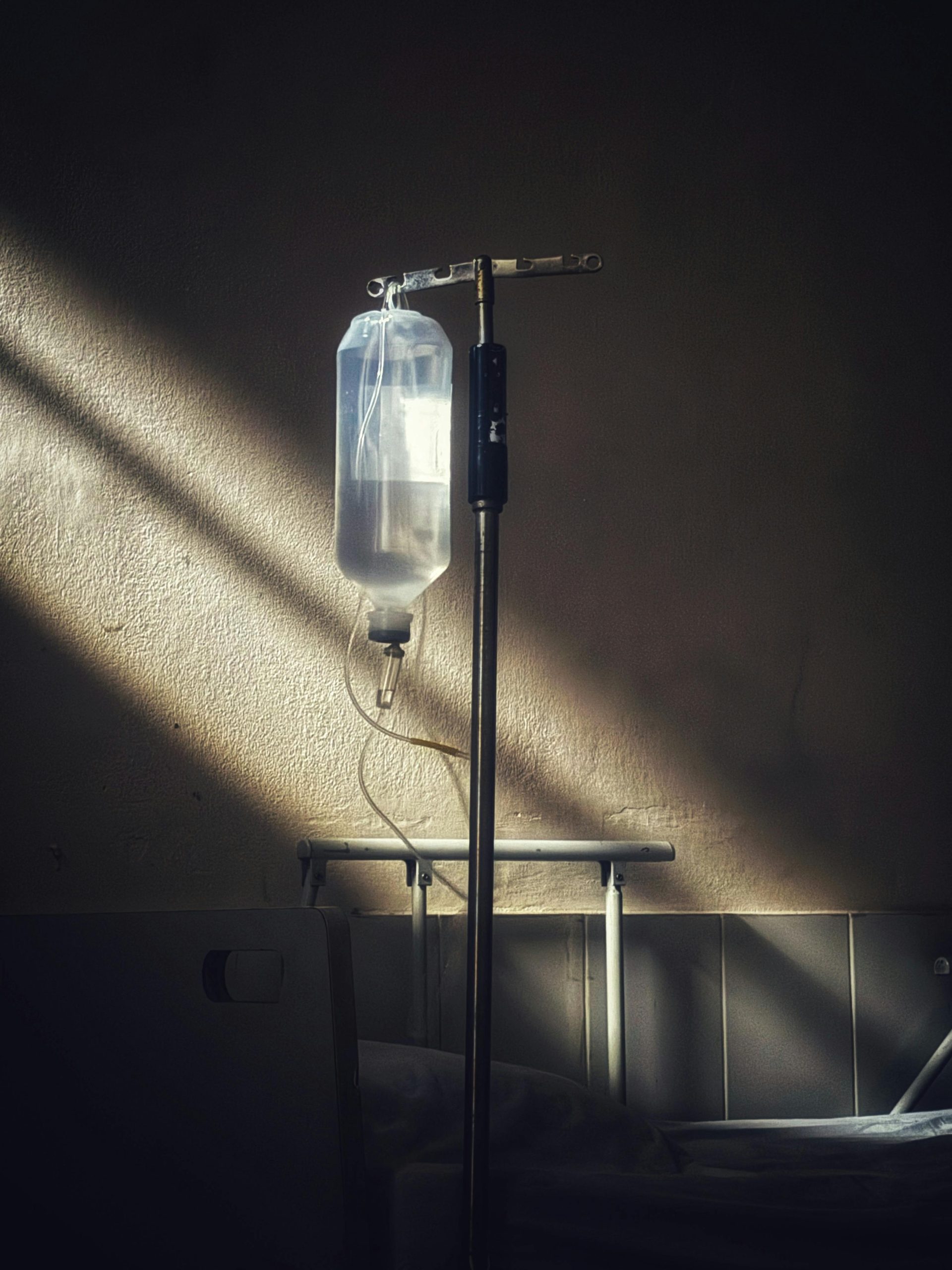When a food product is recalled for a safety issue like Listeria or E. coli, a rapid and effective communication system is critical to protecting public health. Federal agencies like the FDA and the USDA will issue a national alert, but it is often up to state and local health departments to get that warning out to the public. In several Southern states, a combination of systemic challenges has led to a significant delay in this reporting process. This means that a dangerous product can remain on store shelves and in people’s homes for days longer than it should.

A Lack of Funding for State Health Departments
Many Southern states have historically underfunded their public health departments. This leads to a chronic lack of resources and staffing for crucial functions like food safety monitoring and public communication. When a national recall is announced, these understaffed departments may not have the personnel needed to quickly process the information, identify the specific stores and distributors in their state, and issue a timely, widespread public alert.
A Reliance on Federal Agencies
Because their own resources are limited, many state health departments in the South have become heavily reliant on the federal government to take the lead during a food safety crisis. They may wait for the FDA or the CDC to provide specific guidance for their state rather than proactively issuing their own warnings. This creates a bureaucratic delay that can slow down the entire communication process by several critical days.
Challenges in Rural Communication
The South has a large rural population, which creates unique challenges for public communication. Many rural residents may not have reliable internet access or follow the major news outlets that would report a recall. Reaching these communities requires a more grassroots effort. However, a resource-strapped state health department may not have the capacity to effectively manage.
Complex, Multi-State Distribution Chains
The food distribution network in the South is incredibly complex. Products often cross multiple state lines as they move from a regional warehouse to a local store. When a recall is announced, it can be very difficult for a state health agency to act quickly to trace the path of the contaminated product. This logistical challenge can delay the identification of the affected stores.
The Information Gap
The delay in food recall reporting in these Southern states is a serious public health issue. It stems from a lack of investment in public health infrastructure. In a food safety crisis, every hour counts. The gap in the communication chain can leave the most vulnerable populations exposed to a dangerous product long after the initial warning has been issued.
How do you typically hear about food recall notices? Do you think your state does a good job of communicating these warnings to the public? Share your thoughts!
You May Also Like…
How Grocers Reintroduce Recalled Items Without Notice
10 Shelf Products Recalled for Cross-Contamination
The post Why Are Food Recalls Reported Late in Certain Southern States? appeared first on Grocery Coupon Guide.







